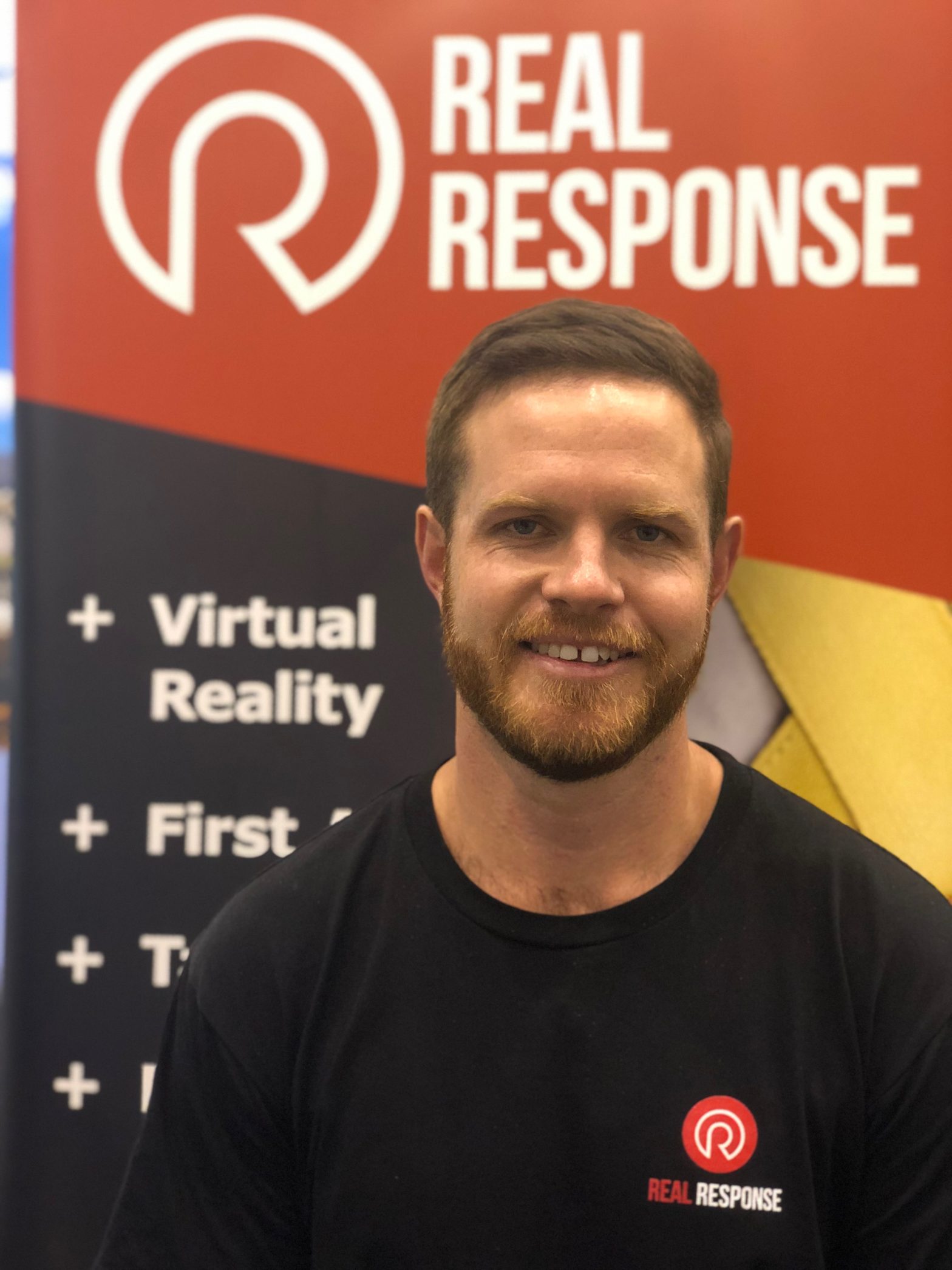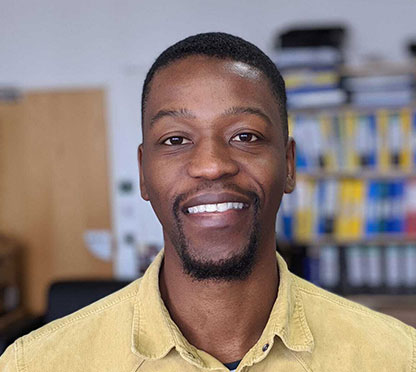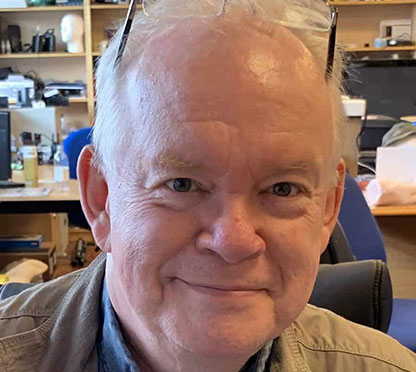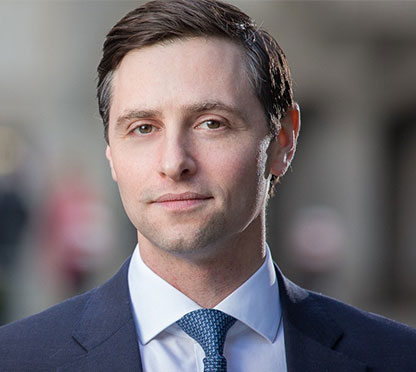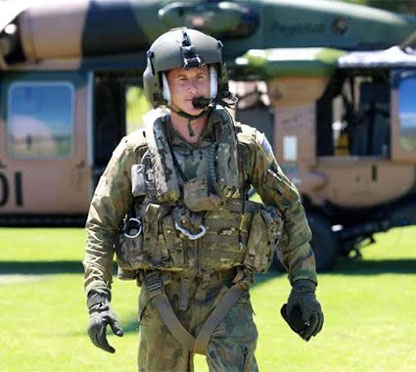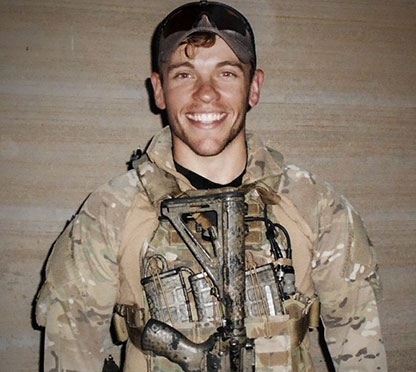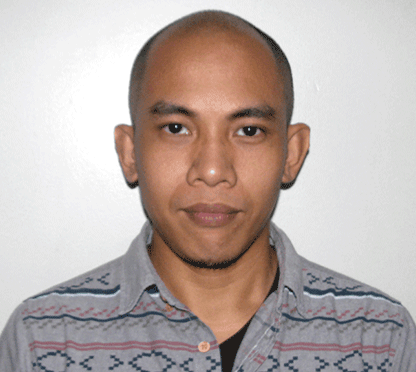Robert (Bob) Stone is an independent consultant in Human-Centred Design, XR and related interactive technologies, with a career spanning over 40 years in both commercial and academic organisations. Bob is the UK’s foremost authority on VR, AR and MR, having been active in the field since 1987, when he became the first European to experience the revolutionary VIEW VR system at NASA Ames in California. Whilst at the UK’s National Advanced Robotics Research Centre, he established the world’s first collaborative industrial VR initiative. In that same year, 1993, he helped establish the North of England Wolfson Centre for Minimally Invasive Therapy, where, courtesy of his academic background in Applied Psychology and Human Factors, he was responsible for the design of the world’s first laparoscopic cholecystectomy simulator MISTVR, which became the European de facto psychomotor skills trainer for well over a decade.
Bob’s Human Factors efforts were also instrumental in the development of a prototype mastoidectomy simulator, funded by the EU as part of a project called IERAPSI. Between 1997 and 2005, he held the position of Director of Virtual Reality Studies for the North of England Wolfson Centre for Minimally Invasive Therapy (Manchester Royal Infirmary). From 1999 to 2002, Bob sat on a working party on behalf of the Royal College of Surgeons’ Joint Committee on Higher Surgical Training (JCHST) investigating the assessment of surgical training and competence. In January 2000, he passed the Royal College of Surgeons of England’s Basic Surgical Skills course.
Between 2005 and 2007, whilst holding a Chair in Interactive Multimedia Systems at the University of Birmingham, Bob was a Human Factors consultant to the US Office of Naval Research-funded Pulse!! Virtual Healthcare Project (collaborating with Texas A&M University Corpus Christi). He has also acted in the role of ergonomics consultant to a MedLINK/DoH-sponsored project addressing the development of a new generation of endoscopic surgical support robots. In 2003, decided to become an academic with the goal of introducing real-world lessons learned, stakeholder experiences and the importance of “impact” into VR research and teaching. Today, and as a result of participating in the UK’s Human Factors Integration Defence Technology Centre (for which he was Research Director for five years), he works closely with the Royal Centre for Defence Medicine and various hospital trusts, researching the use of VR for post-operative restoration (exploiting virtual scenes of nature) and rehabilitation programmes for military and civilian patients in Intensive Care and a unique Mixed Reality solution for the training of future defence medics deployed as part of Medical Emergency Response Teams.
Amongst his many awards, in 2011, Bob was awarded the MoD Chief Scientific Advisor’s Commendation for his contributions to Defence Science & Technology, the highest award given to an individual by that Governmental Department. In July 2017, Bob and his previous University team were awarded the West Midlands Academic Health Science Network Innovative Team of the Year Award, in recognition of their achievements in the Virtual healthcare arena. In March 2018, Bob was awarded the Inaugural West Midlands Tech Awards for Innovation in Medicine and Health, and he and his team were awarded the 2020 Innovation Award from the Chartered Institute of Ergonomics & Human Factors for their Mixed Reality research in defence medicine.




